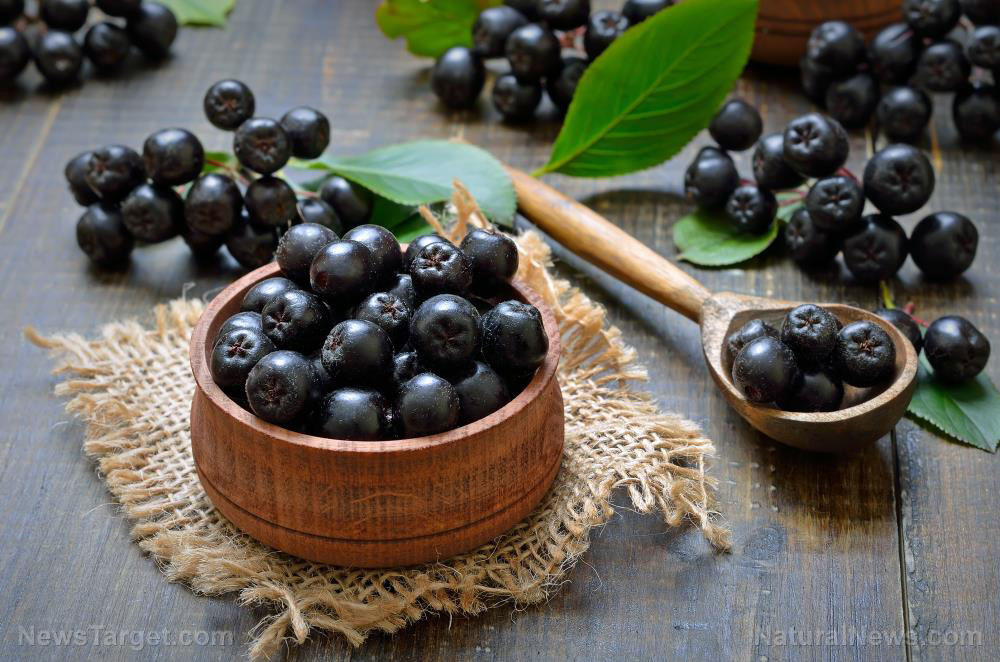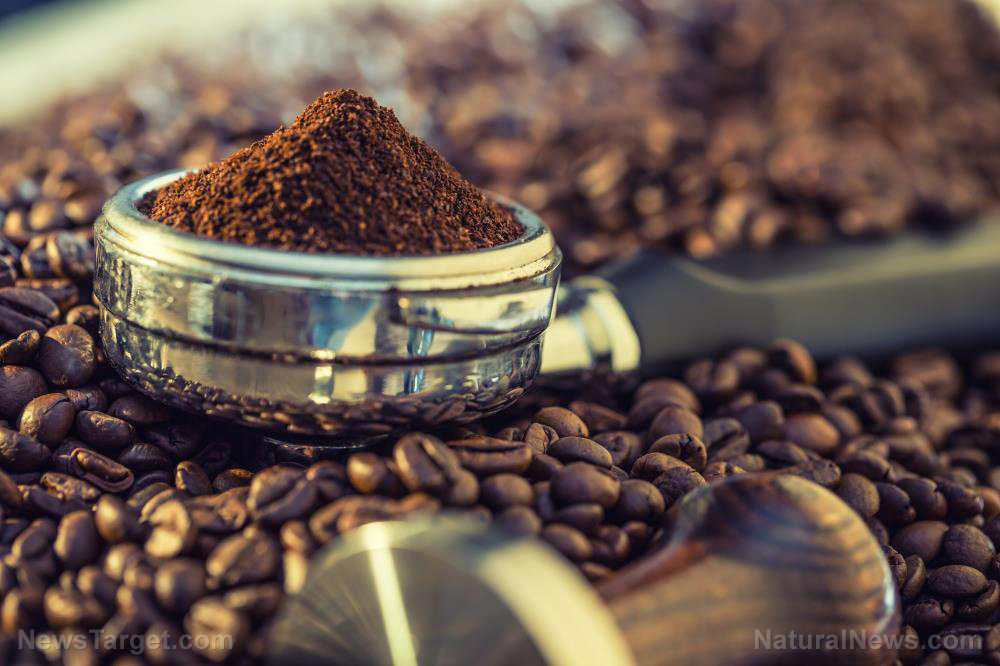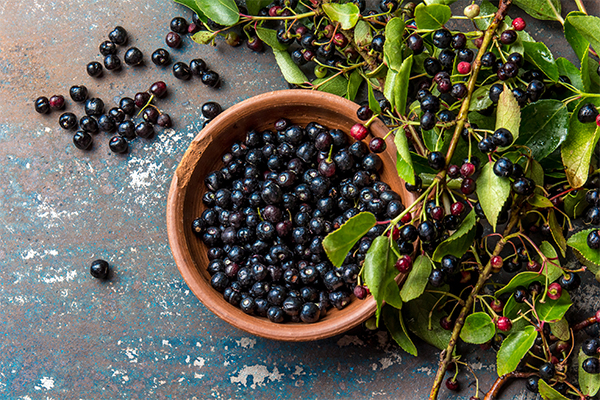The Arjun tree holds potential for lowering blood sugar and cholesterol levels
12/24/2018 / By Ellaine Castillo

Many different plant-derived medicines are used in the traditional Indian medicinal system. One of these is Arjunarishta, which is produced from hydroalcoholic extracts of the Arjun tree (Terminalia arjuna). This formulation is commonly used for treating cardiovascular disorders and diabetes, but no one has elucidated the mechanism of action behind its effectiveness. In this study, which was published in the Journal of Ayurveda and Integrative Medicine, the researchers were able to determine that Arjun tree extracts exhibit anti-hyperglycemic and anti-hyperlipidemic activity.
Type 2 diabetes is considered a major risk factor for cardiovascular disease. It has been shown that the risk of dying from heart disease is two to four times higher for patients with diabetes. This correlation could be attributed to the development of insulin resistance-induced hypertension, as well as elevated low density-lipoprotein cholesterol and blood sugar levels. In addition to this, high blood sugar level can also damage blood vessels and nerves involved in heart function. Because of this, it is crucial to find natural products that can alleviate symptoms for both diabetes and cardiovascular disease.
Previous studies have shown that Arjun tree extracts have antidiabetic and cardiotonic effects. Although these have been proven by clinical trials, the molecular mechanisms behind them have not been elucidated prior to this study. Arjun tree extracts were observed to contain polyphenols like triterpenoids and gallic acid that had anti-inflammatory and antioxidant activities, which is why these were considered as potential mechanisms for the antidiabetic and cardiotonic effects.
In this study, the mechanism of action of Arjun tree extracts was determined through the evaluation of in vivo anti-hyperglycemic and anti-hyperlipidemic effects. The researchers used male Wistar rats that were given a high-fat diet as animal models for the study. The phytochemical content was initially determined for hydroalcoholic Arjun tree extracts. They observed that these extracts contained gallic acid, ellagic acid, and quercetin, which were also seen in previous studies.
For the evaluation of anti-hyperglycemic and anti-hyperlipidemic activities, the researchers determined glucose tolerance, serum composition, systolic blood pressure, and liver triglyceride content of the rats. It was observed that all of these were significantly improved in treated rats compared to those that were untreated.
Additionally, RNA levels were also evaluated to determine if there are changes in the expression levels of inflammatory and insulin sensitizer genes. Results showed that there was a decrease in the expression of the inflammatory gene tumor necrosis factor-alpha (TNF-alpha) in treated rats, leading to reduced inflammation. The researchers also observed an increase in the expression of insulin sensitizer genes, insulin receptor substrate-1 (IRS-1) and peroxisome proliferators-activated receptor gamma coactivator 1-alpha (PGC-1 alpha). Higher insulin resistance has been associated with inflammation so the increased insulin sensitivity adds to the anti-inflammatory effect of reduced TNF-alpha expression.
From these results, it can be determined that the molecular mechanism behind Arjun tree’s anti-hyperglycemic and anti-hyperlipidemic effects involves the reduction of inflammation, which was brought about by alterations in inflammatory and insulin sensitizer gene expression. These prove that hydroalcoholic Arjun tree extracts can be used for the treatment of diabetes and cardiovascular disease, which have been shown to be associated with each other. (Related: Gestational diabetes increases risk of cardiovascular disease; however, scientists also determined a healthy lifestyle helps mitigate that risk.)
Alternative treatments for diabetes
Aside from herbal medicine, other treatments for diabetes include the following:
- Exercise — It is recommended that diabetic patients do resistance exercises at least twice a week. By doing this, patients will exhibit reduced blood pressure and sugar levels, as well as improved glucose tolerance.
- Aromatherapy — Essential oils don’t just promote relaxation, they can also lower systolic blood pressure and glucose levels. Some recommended essential oils are cinnamon, cumin, and oregano.
- Acupressure — This form of therapy improves energy flow and blood circulation throughout the body. Additionally, diabetic patients can also benefit from acupressure’s ability to relieve muscle tension and stress.
Learn more about how the Arjun tree can manage blood sugar and cholesterol levels by visiting Health.news today.
Sources include:
Submit a correction >>
Tagged Under:
alternative medicine, anti-hyperglycemic, anti-hyperlipidemic, Arjun tree, Arjunarishta, Ayurveda, blood sugar, cardiovascular disease, diabetes, herbal medicine, Herbs, Indian medicine, natural cures, natural medicine, remedies, research, Terminalia arjuna
This article may contain statements that reflect the opinion of the author
RECENT NEWS & ARTICLES
COPYRIGHT © 2017 PREVENTDIABETES.NEWS
All content posted on this site is protected under Free Speech. PreventDiabetes.news is not responsible for content written by contributing authors. The information on this site is provided for educational and entertainment purposes only. It is not intended as a substitute for professional advice of any kind. PreventDiabetes.news assumes no responsibility for the use or misuse of this material. All trademarks, registered trademarks and service marks mentioned on this site are the property of their respective owners.





















